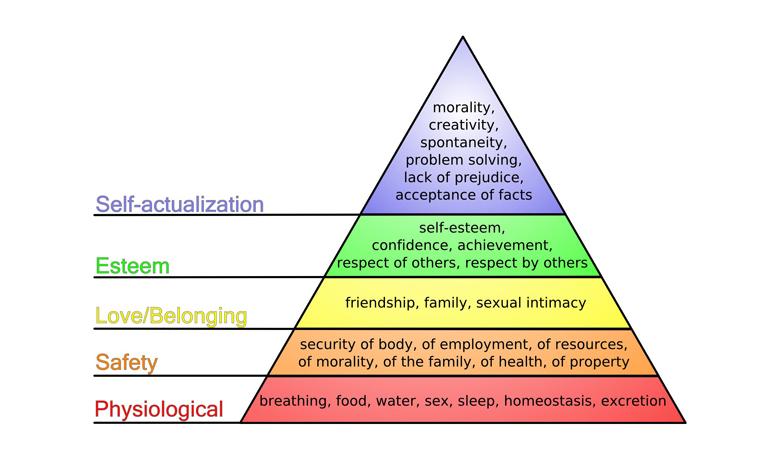With teaching a human sexuality class, Amie McKibban said she sees a lot of students coming in without having any sex education outside the class they took in fifth grade about puberty.
“If they want to learn more about it, I highly suggest taking a human sexuality class or a class that at least covers human sexuality,” said the assistant professor of psychology.
McKibban also suggests using the web to learn more. But be careful where you look.
“There’s a lot of misinformation out there – probably more misinformation than accurate information,” she said.
With a class like human sexuality, McKibban has been asked an assortment of questions about sex.
“I’ve been asked about everything you can imagine,” she said. “Honestly, it’s a blast. I learn from it as well. Probably the most common questions I get if I separate them into categories – two things come to mind: what’s normal and questions relating to relationship communication and marriage.”
What is normal? Nothing.
“There is no normal. When it comes to human sexuality, diversity is the rule, and it’s the only rule,” she said.
She doesn’t have a problem answering and talking about sexuality.
“We have a long history in America of shutting the bedroom door per say,” McKibban said.
People do need to talk about it though, she said.
“It’s healthy – not talking about sex leads to a lot of inaccurate assumptions and inaccurate expectations,” McKibban said. “I think not talking about sex can lead to a lot of risky behavior because there is so much misinformation out there.”
Sex may not be for everyone though.
“In college with college-age students, it’s perfectly normal,” she said. “It can be for the right people at the right time. It really boils down to if a person is ready and if their partner is ready. …It’s a basic need.”
Assistant Program Director for Student Wellness Christine Johnston agrees.
“Sex is considered to be one of the basic human needs like food and shelter,” Johnston said. “However, we shouldn’t necessarily go out and have sex like we would go and get a sandwich,” she said.
Human psychologist Abraham Maslow wrote a paper in 1943 called “A Theory of Human Motivation.”
“It’s a basic principle that shows there are human needs that go in ascending order before you move up the scale,” Johnston said.
Sex is categorized with breathing, food, water, sleep, homeostasis and excretion.
“Maslow puts sex as a physical need on the bottom row, but puts intimacy higher up,” she said.
Everyone can categorize sex differently.
“Sex can mean masturbation,” she said. “All the research shows that masturbation is a good thing. …Masturbation is a great way to relieve sexual tension.”
According to plannedparenthood.com, masturbation is the safest sex because people can’t get any infections or pregnant.
Safe sex is important, she said.
“It’s healthy when it’s safe. It’s healthy when it’s consensual. It’s healthy when it makes both people involved happy,” she said.
While you can lose calories while having sex, it doesn’t replace exercising.
“Anytime you do something that gets your heart rate up, you can burn some calories. I think it depends…how long you have sex and how active you are during sex,” Johnston said. “I don’t think it takes the place of an exercise routine – it’s like a bonus.”
She said she doesn’t think there is a better position to burn more calories.
“That’s like asking what’s the best exercise to burn the most calories. Obviously every human being is different. Just like if two people were going on a walk, they wouldn’t burn the same amount of calories.”

